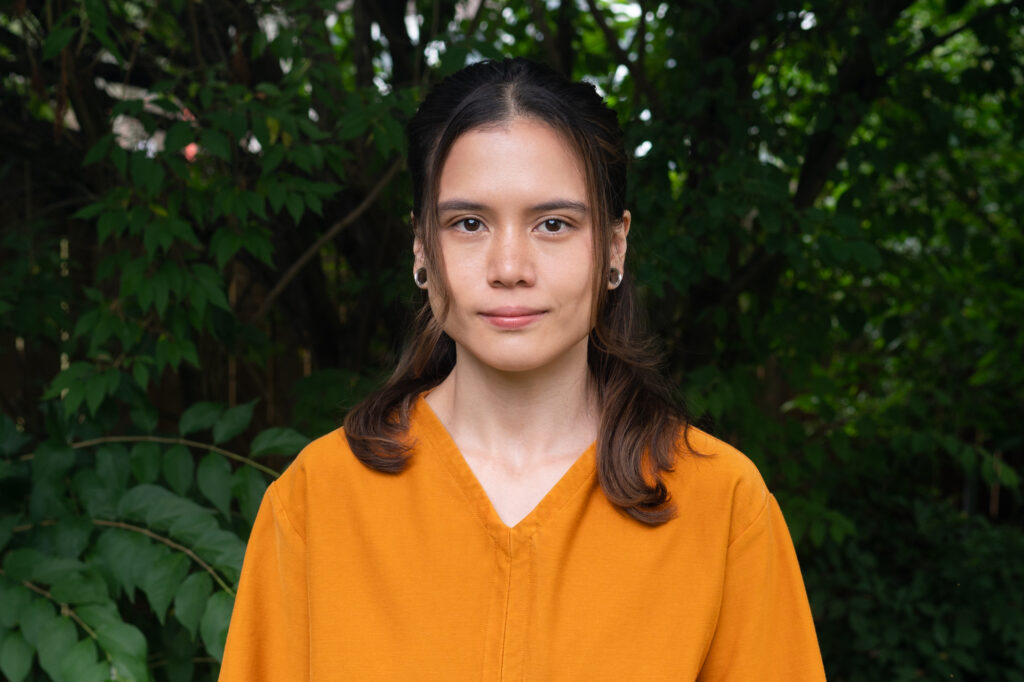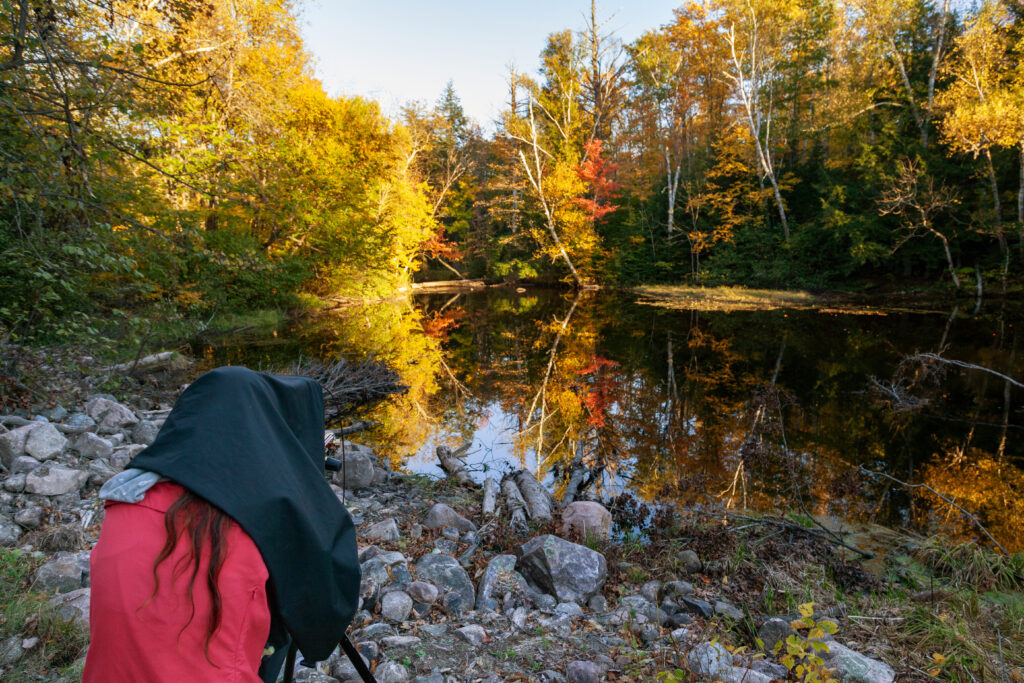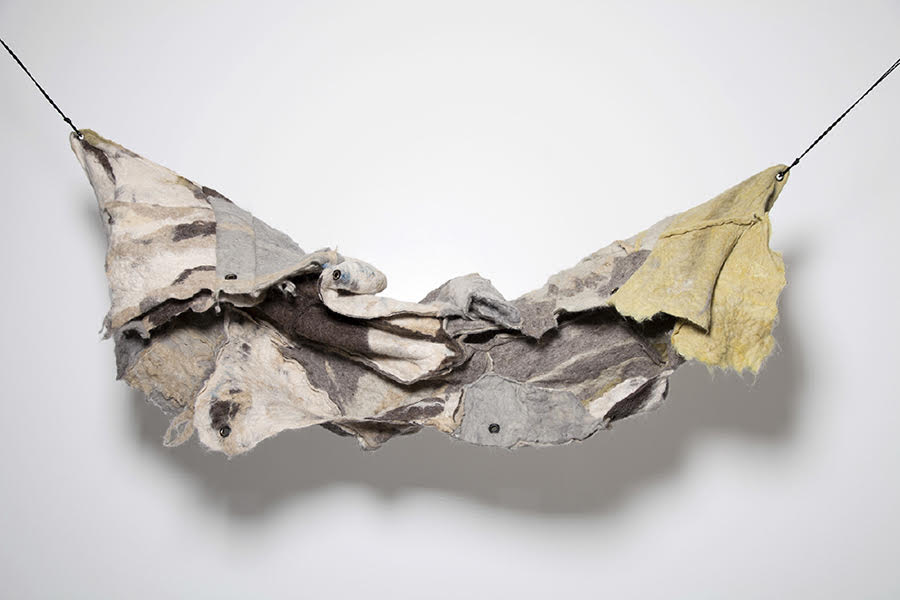Highstead would not be what it is today without the steadfast leadership and diverse experiences of its team members. Meet the people of Highstead: experts, conservation leaders, scientists, and staff that embody Highstead’s mission to build a healthier, more livable world for all in our staff interview series.

What is your role?
Tewosret: My role is Communications Specialist at Highstead. I collaborate with staff and partners to create and implement communications supporting the Highstead mission and advancing the Wildlands, Woodlands, Farmlands, and Communities vision.
What drew you to Highstead?
Tewosret: My north star for my work is that it contributes to a language and culture that supports a healthy relationship with our environment and ourselves. I saw my values in Highstead’s mission and work, and I knew I would learn more than I could imagine by joining the team.
What are your favorite parts of your job?
Tewosret: My favorite parts of my job are that every day I learn something new, or a new strand of discovery unravels for me to explore. Those instances often lead me to opportunities to learn more and collaborate with my talented colleagues.

Where does your motivation come from?
Tewosret: A mix of influences seeds my motivation. I’ve lived half of my life with a deep feeling that the modern consumptive way of living is incompatible with healthy, thriving life on Earth. Even so, I draw motivation from nature’s persistence and adaptability, and the ongoing stories of resilience from my communities, family, and ancestors.
What is the professional accomplishment you are most proud of?
Tewosret: I am proud of pursuing a nontraditional background in creative arts, sustainable farming, and being a first-generation college graduate. I attribute those opportunities to my family and mentors, who saw value in my work and personal visions. Their support is a big part of why I have enjoyed working on meaningful projects with inspiring, kind, knowledgeable, and generous people over the years.


Who are your conservation heroes throughout history and today? Why?
Tewosret: Rachel Carson’s story left a significant impression on me when I was a high school AP Environmental Science student. Her advocacy against chemical pesticide use catalyzed my appreciation for all the planet does to support life and inspired me to pursue an environmentally aligned path.
Today, my dad is one of my first and biggest conservation heroes. He worked as a salmon fisheries coordinator and technician in Washington State. Throughout my youth, he would often tell me stories about his experiences collaborating with his communities to achieve healthier and safer passage for salmon.
And the Yup’ik, Dena’ina, Alutiiq, and local people organizing against the proposed Pebble Mine in the Bristol Bay region in Alaska. They are protecting their way of life intertwined with the land and water. Pebble Mine threatens the habitat of the world’s largest wild sockeye salmon population and food sources for around 190 species of migratory birds.
Do you recommend any books, podcasts, or other resources that have had an impact on your life or work?
Tewosret: I return to A Field Guide to Getting Lost by Rebecca Solnit throughout different seasons of my life. While autobiographical, the book’s essays explore memory, loss, and place. Also by Rebecca Solnit is Wanderlust and explores a history of walking as a social, pleasure, and political act. I’m also a big fan of Orion Magazine and its anthologies and contributors. Currently, I’m reading and learning from Leah Thomas’ Intersectional Environmentalist: How to Dismantle Systems of Oppression to Protect People + Planet.
What advice would you give to the next generation of conservationists?
Tewosret: I would suggest the next generation of conservationists check out the helpful advice from my colleague’s interviews, but I will share my two cents. My brief time in the environmental and conservation movements has taught me it’s easy to become overwhelmed by the urgency to address climate change. I’ve found that taking opportunities to rest, reevaluate, and celebrate successes is a necessary part of conservation work. We are involved in a movement with serious consequences; for many, it is a labor born out of love. Hold on to that love, or whatever it is that moves you, and remember to ground your work there.